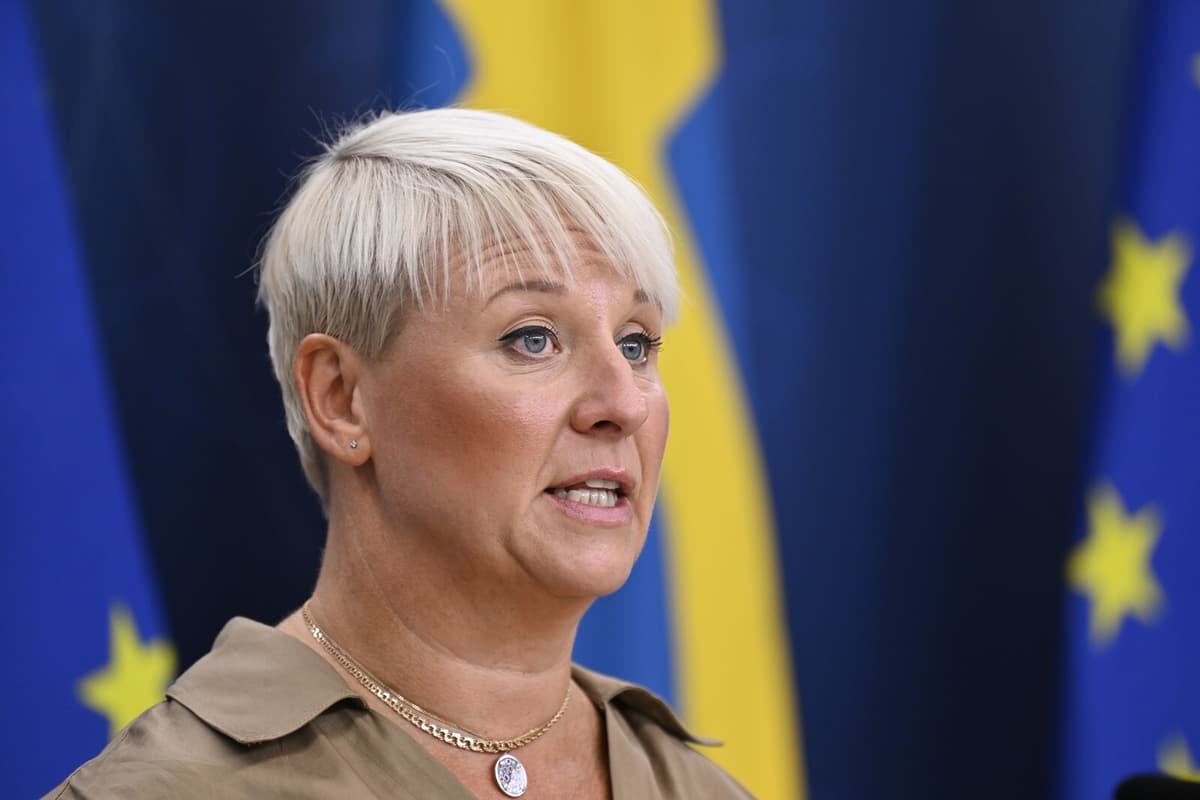We want to ensure that more people work and are self-sufficient and make it more profitable to go from benefits to work, says Social Insurance Minister Anna Tenje (M).
A previously ongoing investigation is to submit proposals for a benefit cap, so that it is not possible to "stack" benefits on top of each other. Now the investigation is given an additional task, which involves tightening up the maintenance support, previously known as social benefits.
The government wants to reduce the size of the support for larger families, so that it does not "grow indefinitely" in the minister's words.
The assignment to the investigator is to submit concrete proposals for "substantial limitations" of the support, i.e. significant limitations.
For a larger household, it can definitely be the case that it is not profitable to go from benefits to work, says Tenje.
It was never the intention that the maintenance support should be a long-term way to support oneself.
Exactly where the limit should go will be up to the investigator to examine.
Limit money
The investigator is also to submit proposals for a national norm that is based on a "reasonable standard of living". The possibility of receiving money above the norm is to be limited.
If the municipalities are generous and increase the benefit portion more, it becomes less profitable to go from benefits to work, says the minister.
A problem, as the government sees it, is that the municipalities make different assessments and that the system is therefore not uniform throughout the country.
Do the proposals not risk leading to pressed families with children having it even tougher?
The most harmful thing for children is that their parents do not have a job to go to. It creates a great sense of exclusion and pressure for families with children, says Tenje.
Job premium
The idea is also to introduce a job premium, as an extra incentive to start working.
The government also wants to introduce a ban on providing economic assistance to individuals who do not have the right to be in Sweden.
Tenje emphasizes that this will not limit the opportunities for civil society to help, and municipalities will also be able to provide support in acute situations.
The investigation period is extended until February 14.






